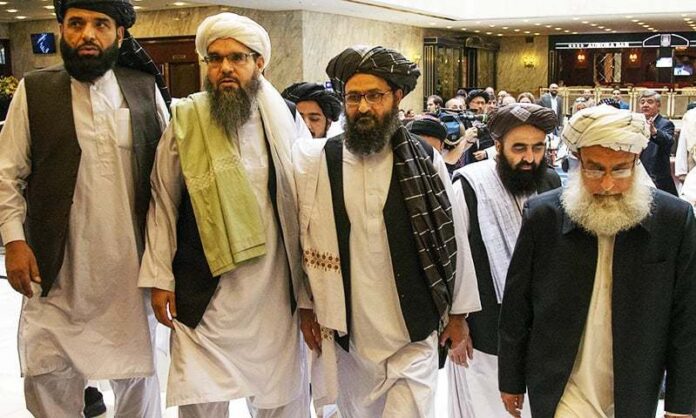Afghanistan, scarred by years of conflict, yearns for reprieve. Key to the Taliban’s international recognition are commitments to stability, inclusive governance, and the upholding of women’s rights. International and regional stakeholders stand united on these prerequisites – which are also the core aspirations of the Afghans themselves.
Afghanistan continues to grapple with multifaceted challenges concerning regional dynamics, economic connectivity, peace and security, and women’s rights. Key figures from the region gathered earlier this month in Islamabad to discuss these pressing issues, with many emphasizing the need for a collaborative approach. The participants of the Pak-Afghan Civil Society Conference, held by the Center for Research and Security Studies (CRSS) and the Organization for Economic Studies and Peace (OESP), opined that the Taliban’s stand remains firm: Afghanistan soil will not be used against other countries. Yet, there are lingering concerns over their commitment to counter-terrorism, largely hinging on the international community’s hesitancy to recognize their regime. As the Taliban’s rule consolidates, regional figures urge for a focus on the root causes of extremism and a comprehensive strategy that prioritizes addressing past mistakes.
On the economic front, the reports are promising regarding the Taliban’s performance, however, the discourse on Afghanistan, on the other hand, remains incomplete without discussing women’s rights, especially under the Taliban’s strict interpretation of Sharia. A significant cause for concern is the Taliban’s stance on women’s education. While some argue it’s a cultural issue or a choice of the Taliban leadership, others emphasize the urgency of proactively addressing this issue. The international community also advocates that Afghanistan should now be given time to heal and evolve.
In this context, the U.S.’s perspective on Afghanistan has seen a notable shift. Karen Decker, the chargé d’affaires of the U.S. mission to Afghanistan, ruled out Washington’s support for anti-Taliban armed factions, emphasizing that Afghans “deserve some peace” after decades of conflict.
Thomas West (the US Special Envoy for Afghanistan) maintains that change is only viable when brought and influenced by the Afghan people themselves. During a recent talk held at Stimson Center, a DC-based think tank, he pinpointed three primary conditions: the Taliban must adequately address ongoing security threats, particularly from extremist factions; institute inclusive political governance; and guarantee women’s rights, especially in education and employment sectors. While highlighting the significance of internally-driven reforms in Afghanistan, West also acknowledged the constructive engagements of Muslim-majority nations in promoting women’s rights within the country. While commendation flows for the Taliban’s strides and collaboration in certain areas, the recurring demands to share power with other Afghan political groups and ensure fundamental rights and freedoms are still valid. In this environment, marked by both bleakness and glimmers of hope, the regional leaders, civil society, the business community, and international representatives maintain their optimism and seek pathways to stabilize the war-torn nation with a regional consensus and joint efforts.




